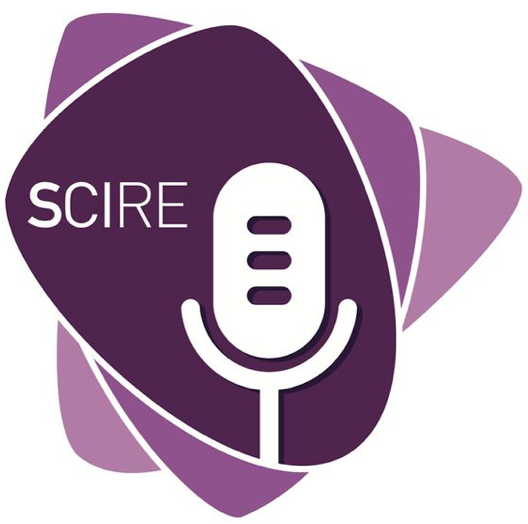La consulenza scientifica (science advice), ovvero scienziati e scienziate che consigliano i decisori politici: ecco il tema di questo episodio. Come funziona questa articolazione del rapporto tra scienza e politica? Quali sono le sue caratteristiche, difficoltà e opportunità? E quali sono gli impatti di due anni di pandemia? Esploriamo questi temi insieme ad Alessandro Allegra: ricercatore e professionista nell'ambito del science advice a livello europeo, nonché uno dei principali promotori dell’iniziativa Scienza in Parlamento. Un viaggio tra scienza e politica, tra riflessione critica e cultura pop, tra storia, attualità e futuro.
 |
Ascolta i podcast sulla piattaforma che preferisci |
|||
|
Spotify |
Apple |
|
Spreaker |
|
Le voci della scienza - Podcast
Scienza e politica pt. 1: La consulenza scientifica
Primary tabs
Fonti e crediti
prossimo articolo
University Admissions and Talent in China: What Can Italy Learn?
Each year, over 12 million Chinese students sit for the Gaokao (高考), one of the most difficult and decisive university entrance exams in the world. This three-day test includes Chinese, Mathematics, English, and one elective subject from either the sciences or humanities. The maximum score varies by province, typically between 750 and 900, with the admission threshold for top universities exceeding 680–700 points. On average, fewer than 2% of students manage to get into elite institutions such as Peking University or Tsinghua University.








